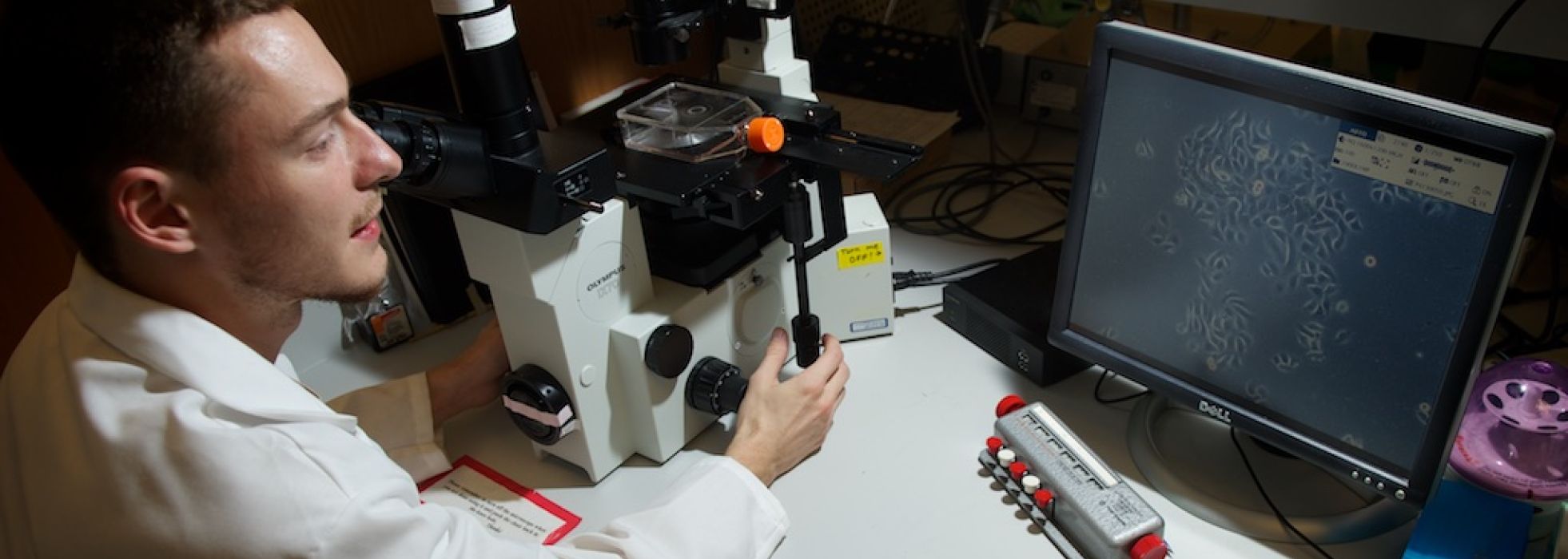Inquiry and Innovation
Research is a core component of the University of Wisconsin Allergy and Immunology fellowship. Our division is home to one of the premier asthma research programs in the country, supported in large part by funding from the National Institutes of Health.
With support from investigators in our division, department and campus, you’ll participate in innovative research and learn to develop your own projects.
Learn more about our department’s research environment.
Personalized Research Experience
We structure the research experience to support your individual career goals.
- First month of training: Meet with faculty members, learn about their research projects and clarify your research goals.
- First year: Join an existing allergy/immunology research project.
- Second and third years: Expand and individualize your project.
Learn more about mentoring in our fellowship.
Protected Time
Our program structure provides you with the following protected time for research:
- 40% time in the first year
- 60% in the second year
- 80% (optional) in the third year, which is dedicated to specialized research and academic pursuits
Opportunities for Collaboration
Whether you are interested in basic, translational, clinical or health services research, there’s a collaborator for you here. Here are some programs that might interest you:
- Asthma and allergy clinical research
- Denlinger Lab (Department of Medicine)
- Jarjour Lab (Department of Medicine)
- Mathur Lab (Department of Medicine)
- Pediatric allergy and immunology research labs
Presentations, Publications, and Awards
Fellows present research findings at these conferences:
- Our allergy, immunology, pulmonary research conference
- The Wisconsin Allergy Society
- The American Academy of Allergy, Asthma & Immunology (AAAAI) annual meeting
- Other national meetings, depending on the focus of your research project
Each fellow typically completes at least one national conference presentation, and many author at least one publication, during their training.
Getting Funded
If you are interested in an academic research career, opportunities for funding are available and your mentor will help you navigate the process.
Our department also offers a pilot award program for residents and fellows, and our Office of Research Services provides biostatistical services, grant writing education and other career development opportunities for learners.
